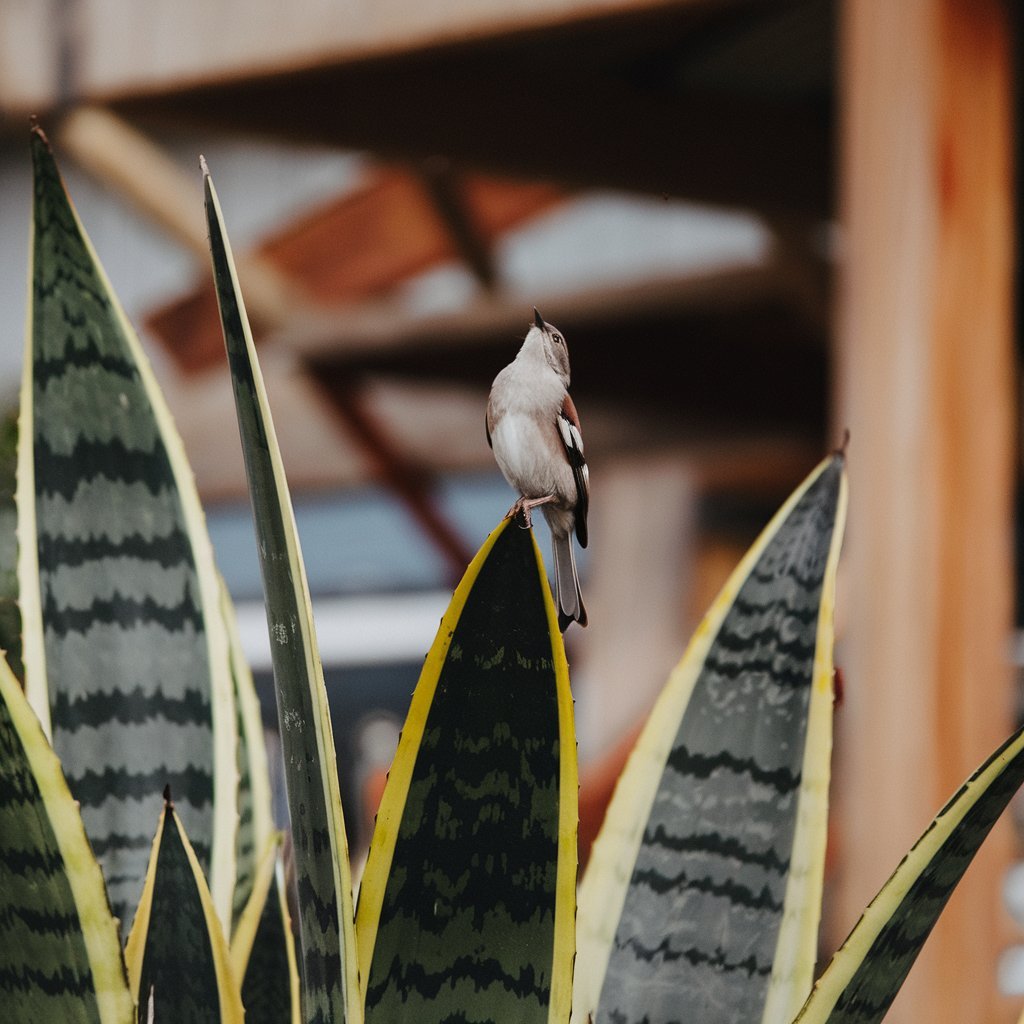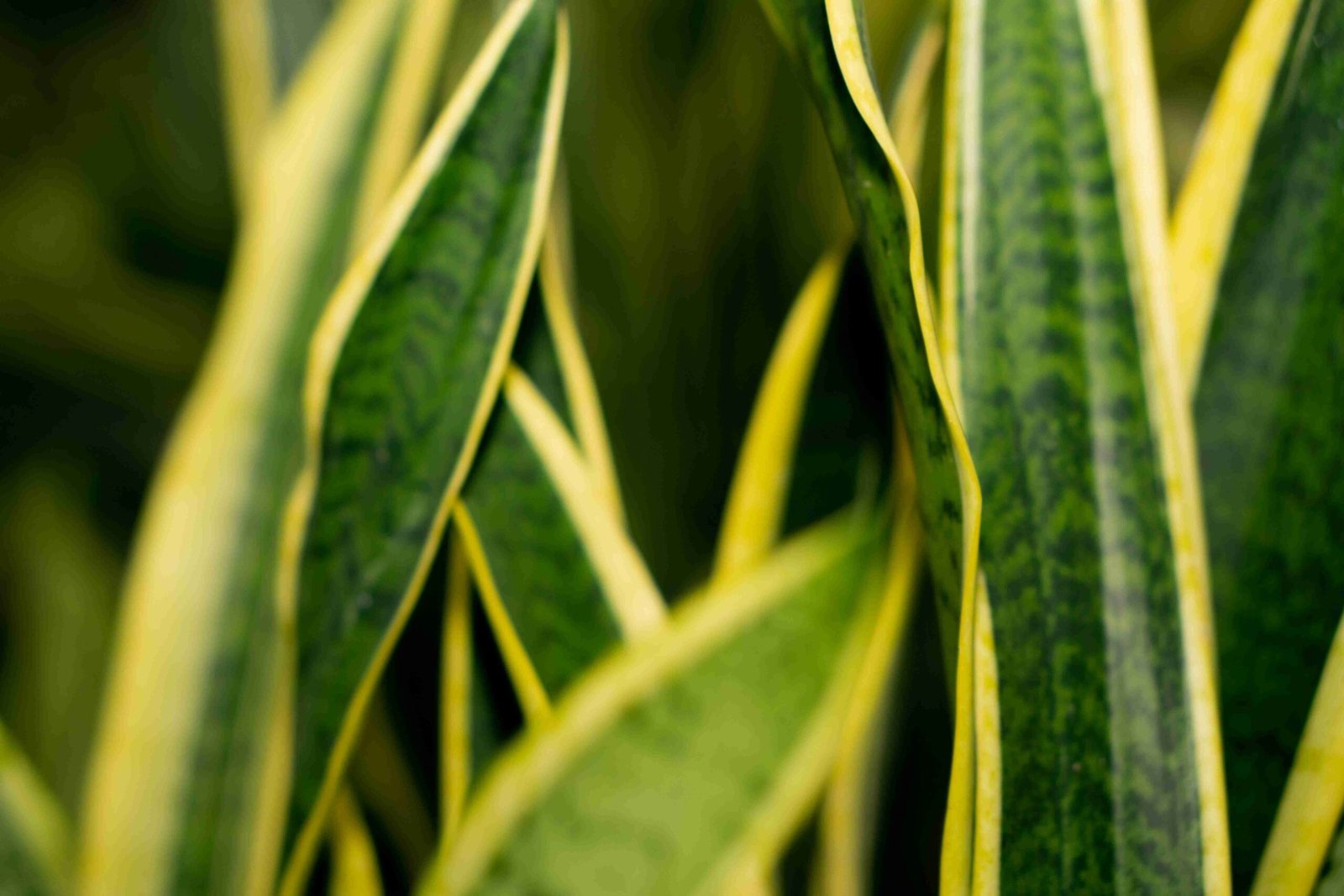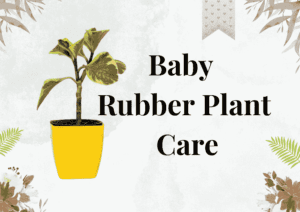Are Snake Plants Toxic to Birds?
If you’re a bird lover, you know how important it is to create a safe environment for your feathered friends. One of the most common concerns for pet owners is whether certain houseplants are harmful to their pets. Snake plants, or Sansevieria, have become incredibly popular in homes because of their hardiness, air-purifying abilities, and attractive, upright foliage. But if you have a bird at home, you may be wondering, “Are snake plants toxic to birds?” Let’s dive into this question and find out if these plants pose any risks to your pet.
What Are Snake Plants?
Before we get into whether snake plants are safe for birds, let’s take a closer look at these fascinating plants. Snake plants are known for their sword-shaped leaves that often have a striking combination of green and yellow markings. They’re incredibly low-maintenance, making them ideal for beginner plant parents or anyone with a busy lifestyle. Snake plants can survive in low light, require minimal watering, and have a reputation for being nearly indestructible. These qualities make them a top choice for adding a touch of greenery to any room.
But as with any plant, it’s important to make sure that they don’t pose any risks to your pets—especially if you have curious birds flying around.

Are Snake Plants Toxic to Birds?
Now, the big question: Are snake plants toxic to birds? The short answer is no, snake plants are not toxic to birds. Snake plants contain saponins, which are chemicals that can be harmful to cats and dogs if ingested. However, these compounds do not have the same harmful effect on birds.
This is a relief for many bird owners, as it means you can safely have a snake plant in your home without worrying about the well-being of your feathered friend. Even so, it’s always a good idea to monitor your pets when introducing a new plant to your home, just in case they become curious and nibble on the leaves.
What Should Bird Owners Know About Houseplants?
Although snake plants are safe for birds, not all houseplants are. It’s important to research each plant you bring into your home to make sure it’s non-toxic to pets. For bird owners, this can be a bit tricky, as many common houseplants can be toxic if ingested. Some common plants that are toxic to birds include:
- Aloe Vera: While great for human health, aloe vera can cause digestive upset in birds.
- Dieffenbachia (Dumb Cane): Known for its decorative foliage, this plant contains calcium oxalate crystals, which can be harmful to birds.
- Philodendron: This popular plant contains toxins that can cause respiratory and digestive issues in birds if eaten.
Birds tend to chew on plants, so it’s important to ensure that any plants within reach are safe for them. Always be aware of which plants are toxic and make sure to place them out of reach. Even plants that are safe for birds can pose risks if the birds start to peck at them excessively.
Tips for Keeping Your Birds Safe Around Houseplants
If you want to keep both your plants and birds happy, here are a few practical tips to create a bird-safe environment in your home:
- Choose Bird-Safe Plants: While snake plants are safe for birds, it’s a good idea to also consider other bird-friendly plants such as spider plants, Boston ferns, or bamboo palms. These plants are non-toxic and can thrive in your home without putting your bird at risk.
- Place Plants Out of Reach: Even though snake plants are safe for birds, it’s still a good idea to place them on high shelves or hang them in places where your bird can’t reach them. Birds love to explore, and while some plants might not be toxic, they could still cause a mess if your bird decides to peck at them.
- Watch for Chewing: Birds often nibble on leaves, stems, or even the soil of plants. Keep an eye on your bird’s behavior and discourage them from chewing on your plants, as even non-toxic plants could cause upset stomachs if eaten in large quantities.
- Provide Bird-Safe Alternatives: To satisfy your bird’s curiosity, consider offering bird-safe plants or herbs, like basil, parsley, or mint. These plants can make great alternatives that won’t harm your pet if they decide to nibble on them.
- Educate Your Family: If you live with others, make sure everyone knows which plants are safe and which aren’t. This will help prevent accidental exposure to toxic plants and ensure your bird’s safety at all times.
Choosing Bird-Safe Plants for Your Home
When selecting plants for your home, it’s essential to make sure they’re bird-friendly. There are plenty of beautiful and non-toxic plants that will thrive in your space without putting your feathered friend at risk. Some popular bird-safe options include:
- Areca Palm: A lovely addition to any room, this plant is non-toxic and offers a tropical feel.
- Spider Plant: Known for its easy care and air-purifying qualities, the spider plant is safe for birds and can add a touch of green to your home.
- Prayer Plant: Its vibrant leaves are not only visually stunning but also safe for your pet birds.
- Bamboo Palm: A low-maintenance option that’s both attractive and non-toxic to birds.
Before adding a new plant to your home, take a moment to double-check whether it’s bird-safe. Many online resources and plant care guides provide helpful lists of plants that are safe for various types of pets.
Final Thoughts
So, are snake plants toxic to birds? The answer is no! Snake plants are a great choice for pet owners, including bird lovers, since they don’t pose a threat to your birds’ health. However, it’s always a good idea to be cautious and mindful of other plants you introduce into your home. With a little planning and the right choices, you can enjoy a beautiful indoor garden while keeping your birds safe and healthy.
By selecting safe plants and positioning them carefully, you can create a harmonious environment where both your pets and plants can thrive. Remember, your bird’s safety is always the top priority, and with the right precautions, you can enjoy the beauty of houseplants without any worries!




